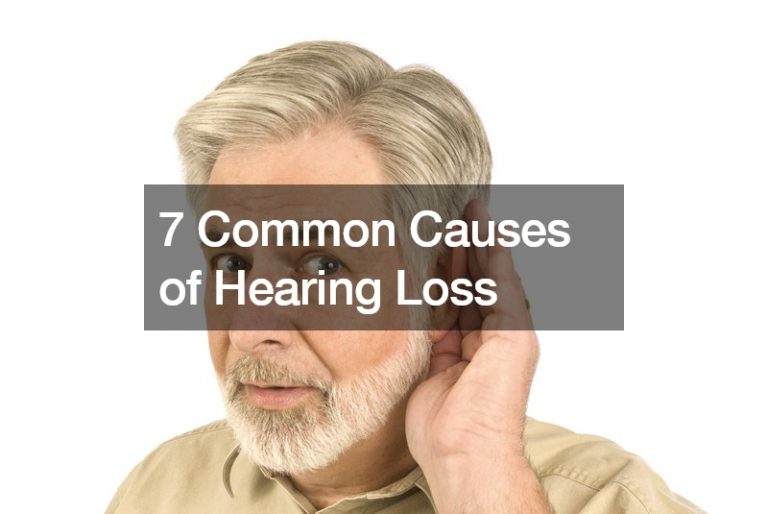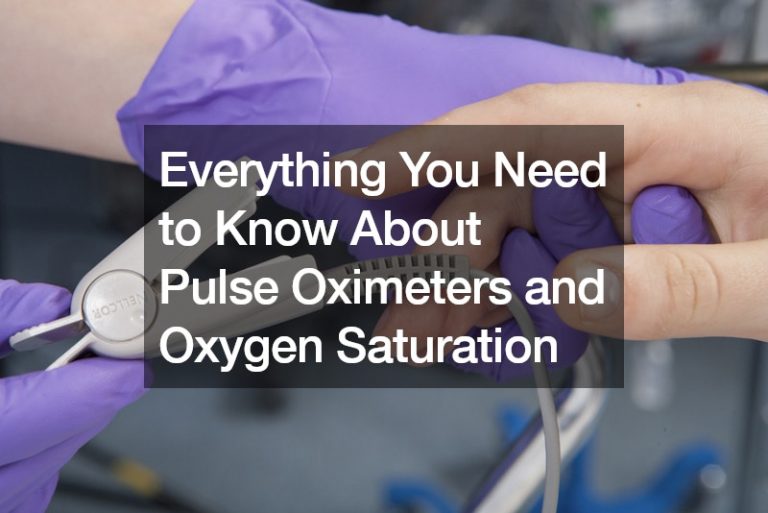- Changes in taste, dry mouth, sores & lesions, and gum disease are common indicators of other medical conditions.
- Diabetes can cause dry mouth, changes in taste, and slower healing times after dental treatments.
- Heart disease has been linked to gum disease due to plaque buildup in arteries.
- Pregnant women should pay special attention to their oral health, as periodontal disease can cause serious complications.
- Following a healthy diet, brushing and flossing regularly, and getting regular dental checkups can help minimize the risks of medical conditions related to oral health.
Did you know that your oral health can indicate other medical conditions? That’s right. Certain medical issues may manifest in your mouth before appearing anywhere else. While oral health is essential for quality of life, it is also important to watch for any changes or irregularities in your mouth because it could be a sign of something more serious.
Changes in Your Mouth to Watch Out
Certain conditions may cause noticeable changes in your mouth, such as:
Dry Mouth
A dry mouth happens when there aren’t enough saliva-producing glands in your mouth. Saliva is important for keeping your mouth clean and healthy so a dry mouth can cause tooth decay and gum disease. Certain medications, salivary gland problems, or systemic illnesses like diabetes can cause a dry mouth.
Changes in Taste
If you notice that food doesn’t taste the same as it usually does, this could be a sign of an infection or other medical condition. Diabetes can affect your taste buds, making food and drinks taste different. Certain medications can also cause changes in taste.
Sores & Lesions
Oral sores that don’t go away may signify something more serious. It could indicate an infection, a cold sore, or oral cancer. Even if the sores seem minor, be sure to get them checked out by your dentist.
Gum Disease
When plaque builds up on your teeth, it can eventually cause gum disease. Gum disease is an infection of the gums that causes swelling and redness in the area around your teeth. It can also cause your gums to recede and create pockets between the teeth and gums. If left untreated, it can lead to tooth loss or other health problems.

Medical Conditions Linked To Oral Health
Dental issues can be indicative of certain medical conditions, such as:
Diabetes
Diabetes can have a significant impact on your oral health. For example, diabetes increases inflammation in the body which can cause dry mouth, gum disease, and cavities. People with diabetes are also more likely to develop thrush—a fungal infection—in their mouths. Additionally, uncontrolled blood sugar levels can slow healing after dental treatments or procedures.
Heart Disease
There is a strong connection between heart disease and gum disease—inflammation caused by bacteria in the gums can increase plaque buildup in the arteries leading to heart attack and stroke. People with periodontal (gum) diseases are twice as likely to suffer cardiovascular diseases as those with healthy gums.
Pregnancy Complications
Pregnant women should especially pay attention to their oral health because the periodontal disease has been associated with pregnancy complications such as preterm labor and low birth weight babies. Gums become more sensitive during pregnancy due to hormonal changes; this increased sensitivity makes pregnant women more vulnerable to gum infection, leading to serious complications if left untreated.
Minimizing the Risks
Although certain medical conditions can affect your oral health, there are ways to minimize the risks. Here are a few tips for keeping your mouth healthy, whatever your conditions may be:
Regular Brushing and Flossing
Brushing your teeth at least twice a day and flossing regularly is important. This will help remove plaque and bacteria that can cause gum disease. Take at least two minutes for each brushing session, and don’t forget to floss between your teeth. Just make sure to not brush too much, as this may also cause damage to your gums.
Regular Dental Checkups

Make sure you get regular dental checkups. This will help catch any changes in your mouth early and allow proper treatment before the condition worsens. Additionally, seeking help from your trusted dental clinic may be more helpful since they know your medical history. Also, get a dental cleaning every six months to remove plaque buildup.
Maintain a Healthy Diet
Eating healthy foods and limiting sugary treats can go a long way in keeping your mouth healthy. Avoiding foods high in sugar and processed carbs will help reduce plaque accumulation on your teeth and bad breath. Incorporate more nutrient-rich fruits and vegetables in your diet, and drink plenty of water to keep your mouth hydrated.
Your oral health is linked to overall health, so paying attention to any changes or irregularities in your mouth is important. If you start noticing any issues, consult with your doctor or dentist right away so that appropriate treatment can be provided. Properly caring for oral health can help you avoid more serious medical issues.






